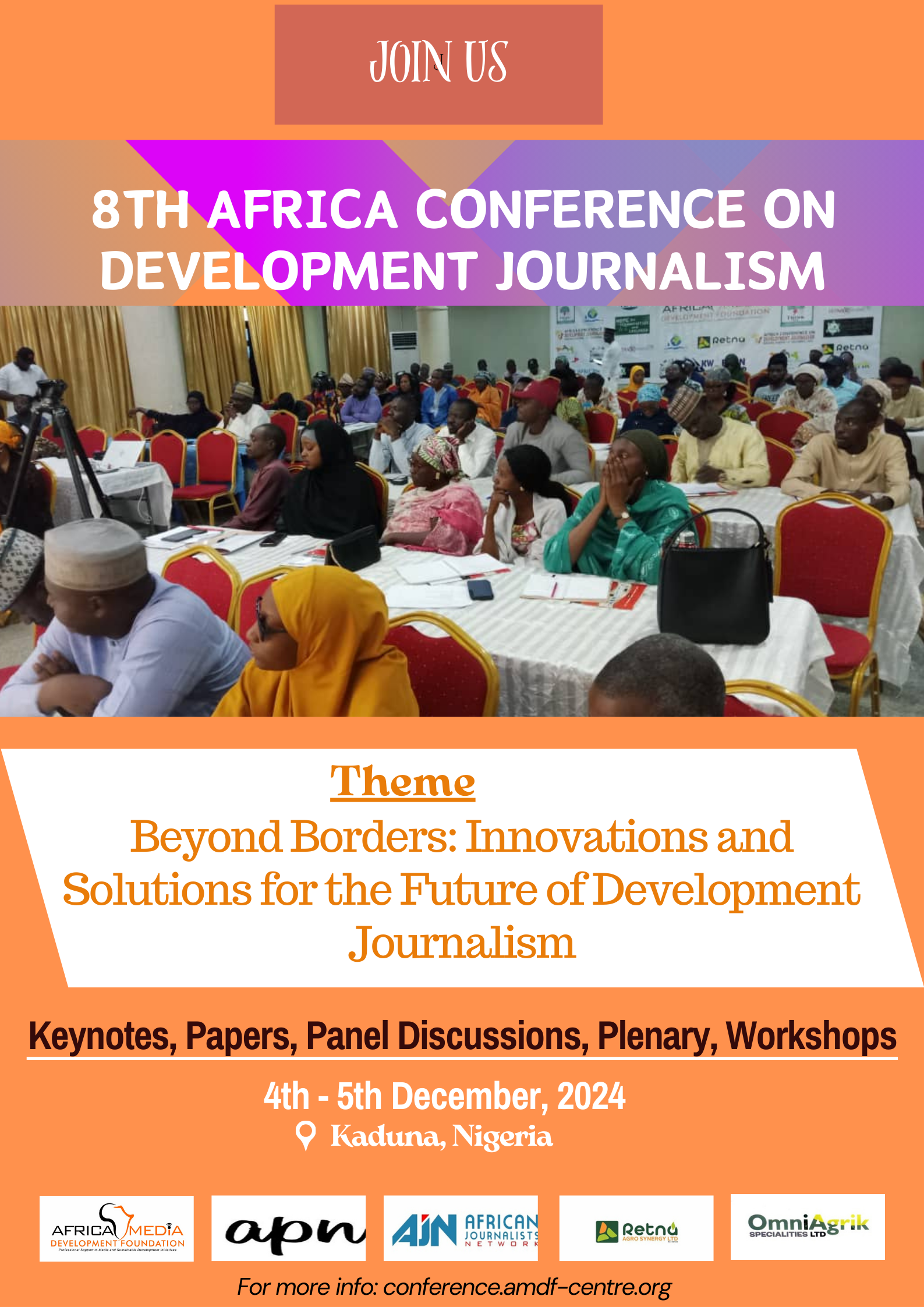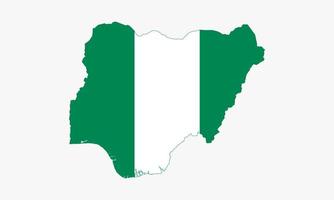This country, although peopled by peoples who did not name it Nigeria, has everything – yes, everything – to be one of the greatest geographical entities in the world. Unfortunately, the country’s potential greatness still remains what it was (as ‘a potential’) more than a century ago. Why is this so? There is a multiplicity of reasons, most of which have their roots in the painful fact that, collectively, we have not been able to organise ourselves such that the: (1) highly diversified peoples, from all parts of the country, will (willingly) agree on how to sincerely work together with a view to achieving this potential greatness and (2) diversity of these different peoples are positively harnessed, taking into cognisance their identified strengths and weaknesses including comparative advantages and limitations, for achieving the achievable greatness. Additionally, together as a people, we have been unlucky, since Britain’s officially-contrived ‘Nigeria independence’, not to have the main ingredient deeply crucial to achieving the foregoing.
This ingredient, simply described as high-quality leadership, is what every developed clime has been able to make constant use of, in achieving greatness. The kind of leadership we are referring to, here, is the one that transcend the limiting primordial leanings that have prevented us from having ‘true’ national leaders as against the pretenders – we have had, and now, are, still having – that leverage on things like clannishness, tribalism, ethnicism and religious bigotry. Perhaps, Nigeria would have had the kind of high-quality leadership, in the past, requisite for moving from the sphere of potentiality to that of actuality regarding the thirst for greatness by clear-headed Nigerians, if some politicians with sound ideologies had been allowed to showcase what they had in stock for the country. Thus, since these politicians never had the needed opportunity, or when they had it, their time was abruptly cut short, then, regrettably, most assumptions concerning them and their actions that were not displayed, remain in the realm of conjecture.
Many of those in public offices, in the early-/mid-1960s, were accused (rightly or wrongly) – in the court of public opinion – of misconducts and kleptomania as well as involvement in political brigandage in parts of the country. Subsequently, Nigeria suddenly found itself under military jackboot after rounds of political interregnum brought about through coups d’état by some ‘Khaki boys’ (in the Nigerian Armed Forces)/civilian collaborators. These infamous ‘successful’ aberrations that illegally allowed and empowered those expected to be under the control of elected civilian political leadership to topple legally constituted civilian governments, in order to ‘usurp the throne’, lingered cumulatively for about three decades. After the struggles against military dictatorship, accompanied by deaths, with members of pro-democracy groups engaging in self-imposed exile to avoid being assassinated, we were happily unhappy in the latter part of May, 1999 when the ‘Khaki boys’ retuned, albeit reluctantly, to the barracks where – apart from their constitutional role of defending the country’s territorial integrity – they truly belong!
Nevertheless, it is no more newsworthy, (although this is rather unfortunate), that the seemingly amorphous boundaries of the Nigerian territory, earlier-referred to, have been gravely violated, fearlessly, by elements we hitherto thought were inferior to our military! This, still, sounds unbelievably unbelievable concerning the Nigerian military that contributed, in the past, to peace-keeping and other military operations elsewhere on the globe! Is this a classic example of ‘I get am before no be property’ as said colloquially in Nigerian Pidgin English? Let us return to where we got to, in this intervention, before the digression! As if pre-planned (is it not?), these former ‘Khaki boys, now in civilian garb (as what we simply term, here, as milito-politicians) and their civilian collaborators, lacking strict adherence to basic democratic ideals, still found their way into government through the backdoor. Please, let us objectively ask questions about the political antecedence of many of those in government, at all levels, from 1999 to date. This way, we will clearly understand what is being said, here and now, without much elaboration!
Hence, when civilian governments, that have been pretending, all along, to emanate from democratic processes, decide to act autocratically, do we need to search for the reason(s) further? Since the return to civil rule on the 29th of May, 1999, almost all (if not all) the governments, including the current central government, have been tending toward autocracy to the extent that, in many instances, they do not abide by the (warped) 1999 constitution (as amended) they swore to defend. They do not believe that the office of the citizens (if, to them, we are really citizens!) is the highest in the country! The do not believe that they are employees of the citizens! They stay aloof basking in the same vain euphoria that made today’s ‘milito-politicians’ (when they were in ‘Khaki’ and perhaps currently) refer to civilians as ‘bloody civilians’! They see themselves as demigods that are not to be asked questions! In public, they look modern, putting on well-made clothes sprayed with cologne of their choice but secretly possess scandalously malodorous mindset that only experts in medieval history may actually help to explicate!
Of course, the country’s political system, that has not actually developed beyond what it was shortly after the country’s ‘independence’ in 1960, has been further emasculated to give the impression that these so-called ‘leaders’ are the ‘best’ this country, with great minds, can offer as ‘leaders’ since the beginning of its Fourth Republic. We know, and we will like to remind others, that these people referring to themselves as political ‘leaders’ are far from what they want us to believe they have, in terms of virtues. It is very easy for them to mouth the adapted definition – “government of the people, by the people, for the people” – given to the word “Democracy” by Abraham Lincoln (1809–1865), the 16th president of the United States of America. However, their tyrannical actions, in government, even now, contradict this deceptive position. As it was in the past, it is clearly evident that disguised autocracy is, again, baring its fangs.
For instance, how do we interpret a ‘democratically elected’ government’s refusal to listen to the governed? How do we explain the reason(s) behind government’s insensitive to, and swiftness at using brute force on, law-abiding Nigerians trying to make their opinion known? Are we a people conquered by those in government? Are we still in that epoch, in France, when King Louis XIV (1638–1715) made the following statement: “L’État, c’est moi” meaning “I am the State” in English language? These questions are asked against the backdrop of happenings, especially the recent ones, in Nigeria, our beloved country. Lamentations of many civil society groups have been reported, in the dailies, that the current governments are increasingly intolerant of alternative views and opinions, to the extent, that arrests of objective critics were, and are still, made on phantom accusations while peaceful protesters were, and are still, tear-gassed, brutalised, dehumanised, and sometimes purportedly shot with live bullets by agents of the State.
In fact, this intolerance to criticisms appear to have, again, reached a level where governments now try to gag Nigerians with all sorts of censorship strategies that are even unknown to, and/or inconsistent with, the fundamentally flawed 1999 constitution (as amended). The central government is now majoring in minor, for instance, by banning the use of, and (to the best of its ability) preventing access to, a micro-blogging and social networking site when it has a ‘bigger fish to fry’ concerning the large-scale insecurity ravaging the country. These are happening in our own type of ‘democracy’. This scenario is interesting, as it will be a good subject for today’s political analysts and tomorrow’s historians! The question is: what is the core of people’s agitations? If these so-called ‘leaders’ do not know the answer to this last question (although, this is doubtful), then we volunteer to tell them that Nigerians want to, collectively, control the affairs of their country! The youths among them want to retrieve their stolen future! It is as simple as that!
The trajectory of agitations is skyward because of perceived/real injustices. So, it is vital that governments in Nigeria open useful channels for national/sub-national dialogues with citizens currently dominated by a huge proportion of youth population, considering its implication(s) on insecurity that is increasingly confronting and consuming all in its path like an unplanned, unwanted, uncontrolled and uncontrollable wildfire. The investments, by the various nations within the geographical space called Nigeria, are so much that none will, ordinarily, be resorting to “to your tents, O Israel”. As we always say, it is noteworthy that the foundation for all the shenanigans being experienced and complained about in Nigeria’s political terrain, today, has long been laid and solidified by the actions/inactions of some shamefully shameless members of the old-order, turncoats and opportunists presently gallivanting around the country’s political space. Consequently, the currently-observed manifestations of unwholesomeness, and clueless governments being foisted on Nigerians, are symptoms of an age-long deep-rooted malaise.
This malaise is largely linked to the earlier-mentioned malevolent foundation requiring sustained consistently dogged efforts at systematic dismantling. From antiquity, the State and its agents are known to be eternally hungry for more power to be concentrated, in their custody, in a manner they desired and designed, expecting strict unquestioning obedience from all. This unregulated, unrestrained, uncontrolled and unchecked concentrated power the State and its agents, (whatever they are known as), expect to wield, at their whims and caprices, are always detrimental to participatory democracy most especially as it concerns the right to free speech. It therefore means that institutions strong enough and well reinforced, ad infinitum, to be able to effectively check the State’s (and its agent’s) insatiable covetousness for grabbing more unregulated, unrestrained, uncontrolled and unchecked concentrated power, should be what Nigerian citizens must, together, work very hard to build, going forward, in the ‘Project Nigeria’.
Strong institutions are not built overnight! Yes, they are not! So, the building blocks must be earnestly sought for, gathered, and the process of building strong institutions must start, at a time not later than now, with consistent progress. Some people benefiting from the (errors in the) Constitution of the Federal Republic of Nigeria (1999) are never ready to listen to anyone calling attention to a number of anomalies contained within the document. For instance, the document begins with “We the people of the Federal Republic of Nigeria”. In all sincerity, where and when did the ‘Nigerian People’ sanction this document? We need not continue to cover a cracked wall with fanciful paper! Let us remember what always happen to buildings with faulty foundations! Of course, our desire for a better Nigeria will not be achievable if people with good intentions for Nigeria refuse to come forward to join hands for this purpose. The time to act is now (if not earlier) because those keeping us in this dungeon are definitely not resting on their oars.
Andrew A. Erakhrumen, PhD, writes from Department of Forest Resources and Wildlife Management, University of Benin, Benin City, Nigeria.





